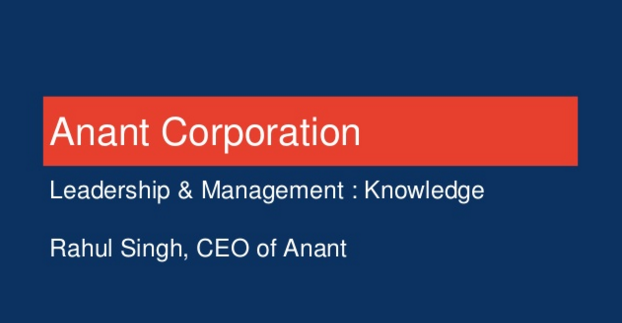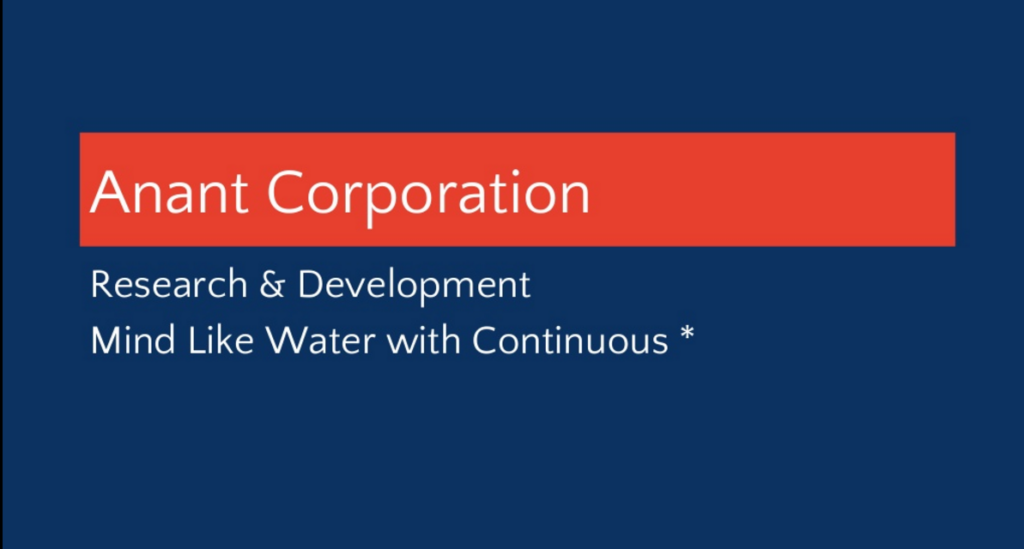You’ve decided to move your business to the cloud; now how do you choose a cloud provider? Being on the cloud is almost as common as owning a cell phone. Most people use it everyday to backup contacts, photos and any number of data files. While others use it to build their company platforms. To prepare for your journey to find the “best” cloud provider, you need to understand your needs. Not only from a services standpoint, but also from the provider themselves. This is why it is important to include both the IT and business leaders in the decision making process.
In addition to the extensive assortment of vendors to choose from, many offer multiple services of the cloud computing market such as infrastructure as a service, platform as a service, and software as a service. Before you can begin to build your platform, you need to do some investigation. You will want an excellent understanding of the architecture, security, support, and service management requirements as well as the business needs.
How to choose a Cloud Provider
Although the scope for such a project as transferring to the cloud will be different for every business, there are some common areas to consider. BEFORE embarking on a journey for a cloud provider to support your platform, you should review the 7 few key factors explained below.
Security
You should clearly understand what your security goals are, the security measures that are offered by each provider, and the systems and processes they use to preserve your applications and data. Security is a major concern in the cloud. It’s vital to ask specific questions that relate to your unique use cases, industry, regulatory requirements, and any other concerns you may have.
Compliance
Make certain to choose a cloud architecture platform that can help you meet compliance standards that apply to your industry and organization. Be sure you understand what it will take to achieve compliance once your applications and data are living in a public cloud infrastructure. Also, be aware of where your responsibilities lie, and which aspects of compliance the provider will help you check off.
Architecture
Evaluate your workflows and how you will incorporate the architecture for the current setup and in the future. If your business already has a hefty investment in Microsoft or Google services, it may save time and money to use their respective cloud services. Some vendors offer a discount for using multiple services while others offer the benefit of easy integrations and consolidation.
In addition, you may want to think about cloud storage architecture. Be aware that vendors offer different types of storage and archival storage, which is not the same. Some storage architecture is built so data can be stored or retrieved frequently, while others are created for infrequent access.
Manageability
Another factor to evaluate is how much time you will require to manage the different cloud platforms. Each of the vendor services support diverse orchestration tools and integrate with various other services. You most likely already use a variety of tools and integrations so it is important to know your provider can easily integrate with them. If not, they may be able to provide a suitable replacement you are comfortable switching to.
Service Levels
If your business relies heavily on availability, response time, capacity, and support then Cloud SLAs (Service Level Agreements) are a must. This feature allows for a clear and legal understanding of the relationship between the customer and the provider. Within this agreement, specific attention should be paid to the security of data hosted in the cloud service. The agreement is your backup, but you should be able to trust your cloud provider.
Support
Support can be provided in a variety of channels and within different time frames. Some vendors only offer support via email while others have a chat and/or a call center. Some even have online documentation to help troubleshoot your issues. Either way there will be some restrictions related to time and access. The best way to handle this is to ask questions up front and know what level of support you need.
Costs
The inevitable factor you can not get away from. Cost should play a role in your evaluation, but should never be the sole reason behind your decision. It is important to assess not only the upfront price, but also any associated cost. Keep in mind you may need to bring on additional personnel to manage/maintain a part of your new platform.
In Conclusion
To get the most out of your cloud provider, start by evaluating internally. Know what you want and need to build and support your platform. Then you can begin evaluating the different providers.
Interested in learning about AWS as a platform for your business? Check out this blog post by one of Anant’s apprentices Prakash, on Why AWS is a Good Platform for Businesses in the Cloud.
If you have any feedback (I’m always looking to make improvements) or questions related to this post please don’t hesitate to contact me at danielle@anant.us!





